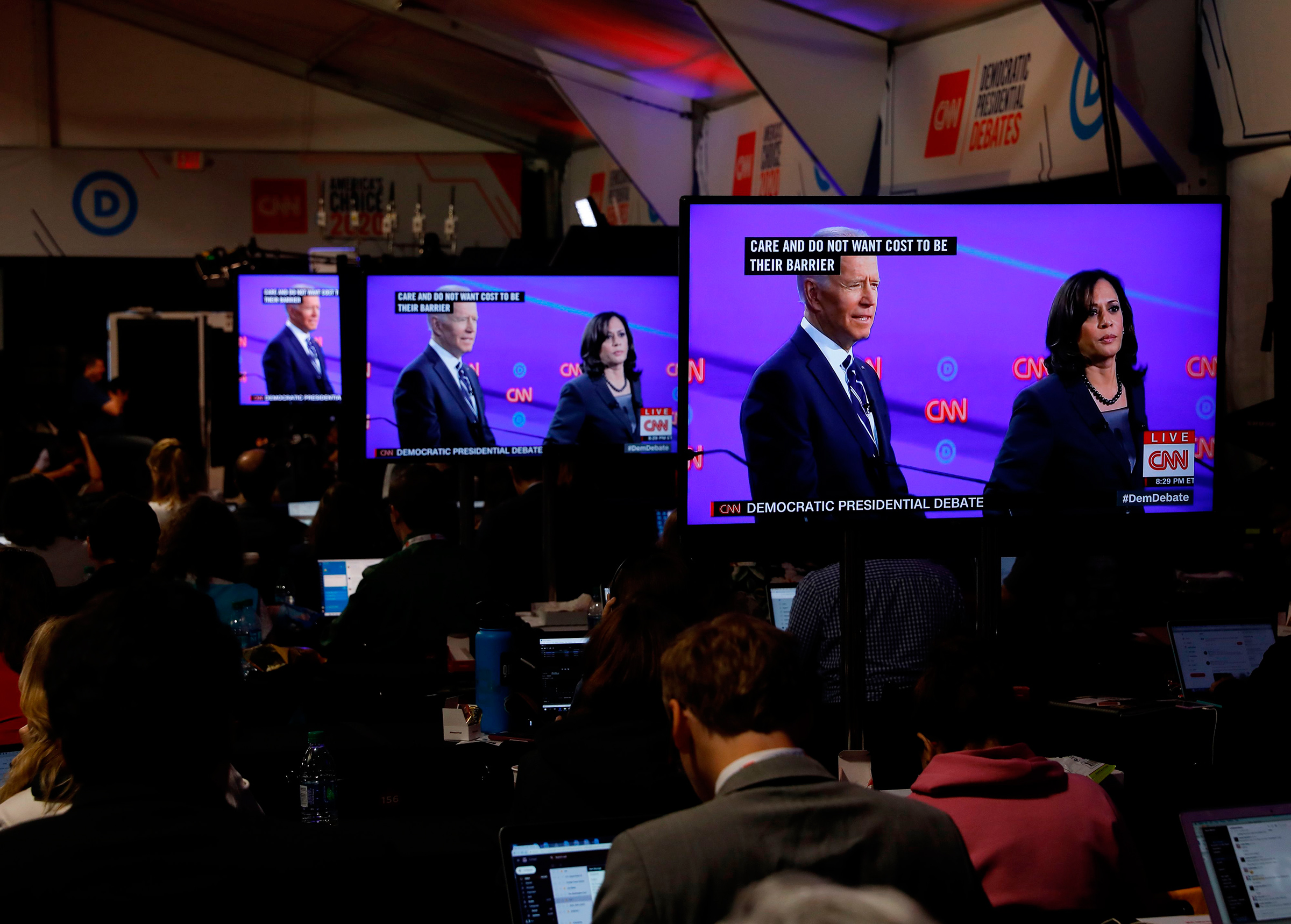
This month marks the two-year anniversary of the #MeToo hashtag, but it also marks the start of a monumental shift. In just a few hours, sexual violence, including harassment, went from a topic seldom discussed on mainstream platforms to one that dominated headlines and affected everything from pop culture to policy debates.
On Oct. 15, 2017, Alyssa Milano asked her Twitter followers to reply “me too” if they had been sexually harassed or assaulted, a reference to the Me Too campaign I started in 2006. For millions, it was the first time they were invited to open up about the trauma their experiences with sexual violence had caused. For hundreds of thousands, it was the start of a much needed conversation about safety in our workplaces, neighborhoods and communities. And for a few hundred, it meant a disruption in the harmful, toxic behavior they were engaged in, using the various seats of power they held.
What happened two years ago was a historic and critical part of one of the most significant movements in the world, but we know it didn’t result in the kind of major shift in culture that the movement needs–the kind where not only laws and policies change but individuals also feel a sense of responsibility to survivors for the harm that has been done and for the bodily autonomy they all deserve. It was a consciousness-stirring moment, but it’s not enough to create awareness. What matters is what we do next.
The U.S. is just over a year away from the most consequential election in decades, and not one remaining presidential candidate has prioritized addressing sexual violence as a platform issue. (Kirsten Gillibrand was vocal about it, but she’s no longer in the race.)
We, as survivors, aren’t just people looking for services. We are a constituency looking for change. We are working people, taxpayers and consumers who push through our trauma every day, despite being triggered and erased by a world that tells us our healing isn’t important. It’s been only two years since the movement began to shed light on the behavior of wealthy and powerful predators, but we’ve already witnessed many of them return to and continue their daily lives without much consequence or repercussions.
Candidates have a responsibility to address the rampant sexual violence that permeates all of society’s systems and structures, including government. If we are talking about sexual violence as a public-health crisis–and with more than 19 million respondents to the #MeToo hashtag in the first year alone, and a record numbers of calls at rape crisis hotlines across the country, I feel confident doing so–then it should be talked about with the same seriousness as other topics that have received far more attention. Policies around race, immigration and health care have rightfully taken center stage during the recent presidential debates, but something as prevalent as sexual violence, an issue spanning and intersecting with all of the above, has been largely overlooked.
Sexual violence is a national problem that deserves a national response. If we are invested in the outcome of this movement that we’ve built, then we must ensure that it remains part of the conversation.
With no presidential candidate that seems willing to truly and publicly grapple with this bipartisan issue, we must once again raise our voices. We must demand that the men and women who want to represent us in the White House and other political offices speak directly to and respond to our needs. And we must be clear that we are ready to vote for accountability in 2020. We deserve a country that values our safety, since its health and prosperity depends on our well-being.
I am one person who saw a problem and tried my best to ignore it. I tried to ignore it when it happened to me, I tried to ignore it when it happened to folks in my family and I tried to ignore it when I saw it ripping my community apart. I tried and tried until the part of my heart that has a passion for justice could not ignore it any longer. Today none of us can justify ignoring it.
Two years ago, millions of Americans bravely raised their hands to say that their lives had been affected by the scourge that is sexual violence. Their hands are still raised while we wait for our candidates to answer a question that hasn’t even been raised yet: What about Me Too?
Burke is the founder of the Me Too movement
More Must-Reads from TIME
- Cybersecurity Experts Are Sounding the Alarm on DOGE
- Meet the 2025 Women of the Year
- The Harsh Truth About Disability Inclusion
- Why Do More Young Adults Have Cancer?
- Colman Domingo Leads With Radical Love
- How to Get Better at Doing Things Alone
- Michelle Zauner Stares Down the Darkness
Contact us at letters@time.com